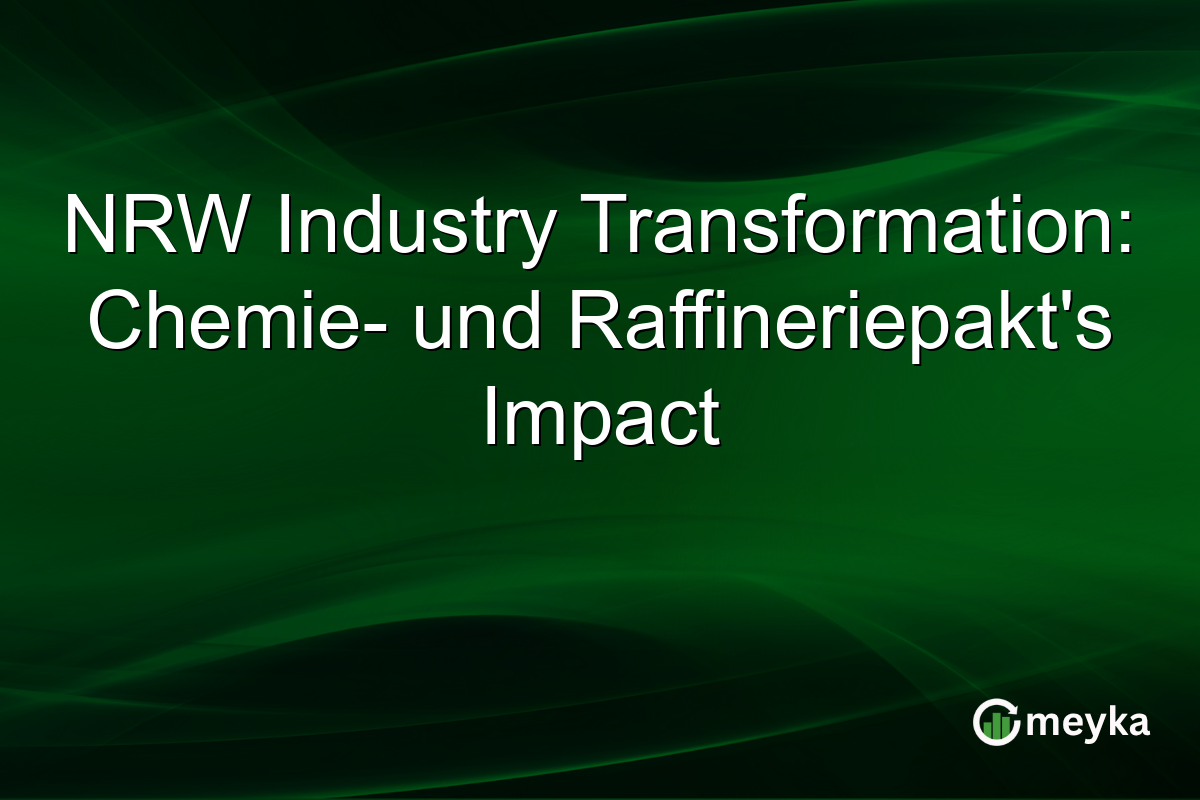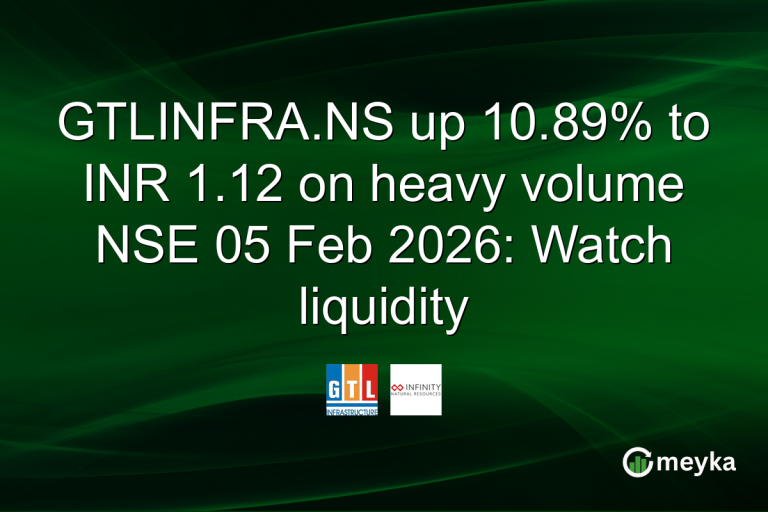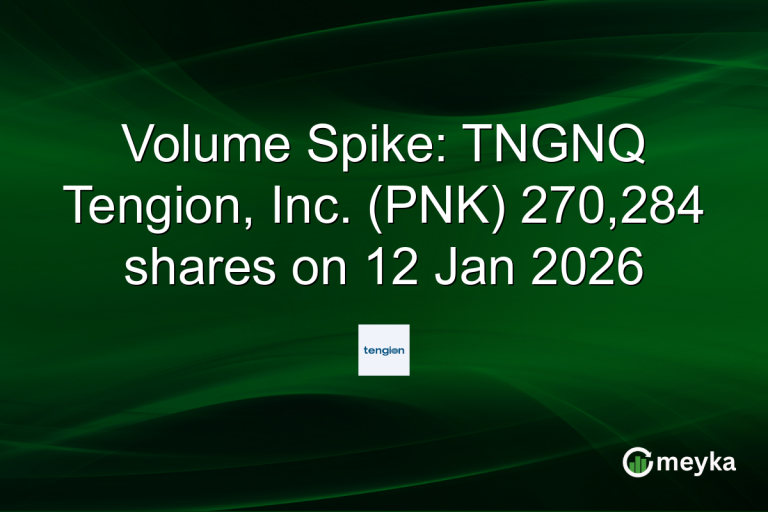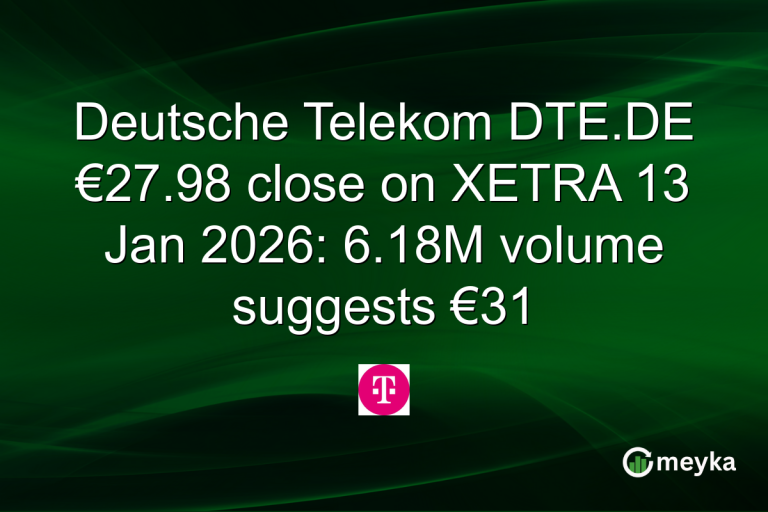NRW Industry Transformation: Chemie- und Raffineriepakt’s Impact
The Chemiegipfel NRW 2025 marked a pivotal moment for North Rhine-Westphalia’s industrial sector. As one of Germany’s key economic regions, it faces challenges with high energy costs impacting its energy-intensive industries. The signing of the Chemie- und Raffineriepakt promises to set a new trajectory. Spearheaded by Minister Mona Neubaur, this pact aims to balance economic competitiveness with ambitious climate goals. By focusing on sustainability and innovation, NRW seeks to secure its industrial future.
Continue Reading on Meyka
This article is available in full on our main platform. Get access to complete analysis, stock insights, and more.
Read Full Article →





